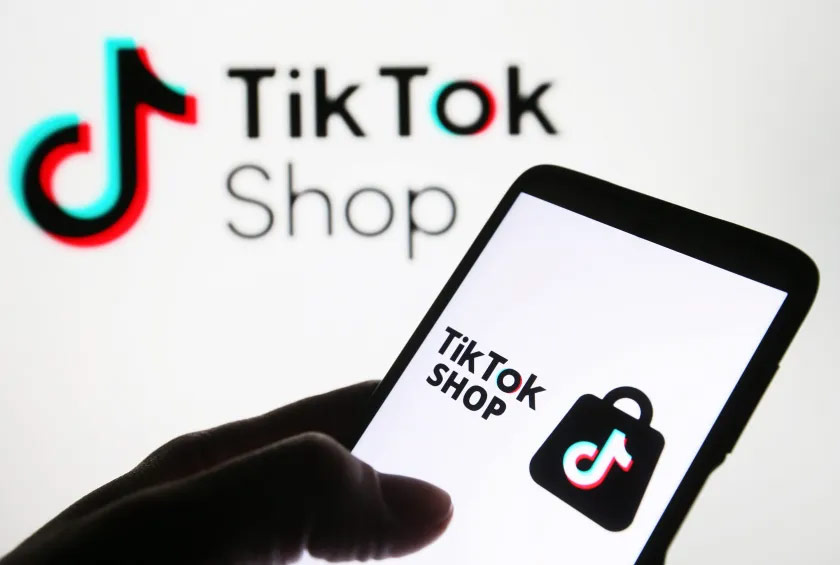Recently, TikTok stumbled upon one of my major weaknesses and presented it to me digitally: a 4.6-ounce bag of spicy Mexican chips, priced at just $1.51 after a discount, shipped free of charge to my home on the East Coast, all the way from a candy shop in Pasadena, Texas.
Yes, it’s an incredible deal that defies financial logic. And no, I wasn’t exactly thrilled about the environmental impact of my impulsive online purchase after hitting “Buy Now.”
As someone who has covered e-commerce for the past decade, I had numerous questions. So while awaiting the arrival of my guilty pleasure, I reached out to the merchant behind the 4.6-ounce bag of Cruijtos “Queso y Chile” chips to delve into the unlikely economics. Fortunately, the owner, Manny Barba, was willing to chat.
Barba is the proprietor of Las Delicias Mexicanas, a small chain of Mexican candy shops with physical stores in Houston and nearby Pasadena. Encouraged by his wife, Abigail, they began selling through TikTok’s commerce platform, TikTok Shop, after its U.S. launch in the fall. Abigail largely managed their presence on the platform under the handle “lasdeliciasmexicanas_2,” which saw them offering single bags and variety packs of Mexican chips, Mexican candies, jerky, and Chamoy pickle kits. A simple live video in early December showcasing chip varieties in Spanish went viral, attracting over 1 million views and driving attention to their online store. Additionally, partnerships with affiliates—TikTok users with substantial followings who promoted their shop for a share of sales—contributed to their success.
The Barbas were soon inundated, hiring extra staff to manage 300 to 400 TikTok Shop orders daily, working tirelessly to keep up. In just two months, their TikTok store generated over $100,000 in sales. However, the new sales channel brought both blessings and challenges. Postal service disruptions in the Houston area led to order backlogs and delays, resulting in negative customer reviews and significant refund obligations for the Barbas.
These challenges, according to Manny Barba, “have been a nightmare.”
To address these issues, the Barbas reduced their video postings and scaled back affiliate partnerships. They also switched from USPS to FedEx for shipping. Finally emerging from the holiday backlog, they are considering ramping up operations once more.
“Going viral can change your life,” remarked Abigail Barba.
TikTok Shop is just one of several Chinese-rooted online shopping experiences making waves in the U.S. market. Platforms like TikTok, Temu, and Shein, owned by China-based ByteDance, are collectively selling billions of dollars in goods to U.S. consumers annually, with their appeal largely driven by incredibly low prices. Consequently, U.S.-based retailers, from Amazon and Walmart to dollar store chains and fast-fashion brands, are closely monitoring these developments.
Returning to my $1.51 bag of chips: Who’s actually losing money here? Certainly not Barba. Both the 30% discount and free shipping offered to me as a first-time customer on TikTok’s shopping section were provided by TikTok. Even on other orders, TikTok subsidizes a significant portion of shipping costs. However, this advantageous arrangement is set to change, with TikTok’s commission on sales slated to increase from 2% to 6%, and eventually to 8% by summer. Barba anticipates that TikTok will also reduce shipping subsidies, but by then, many sellers may feel locked into the platform.
“They’re going to get us accustomed to the platform, and then tighten their grip,” he noted. “But by that point, we’ll be so accustomed to it that we’ll just accept it.”



